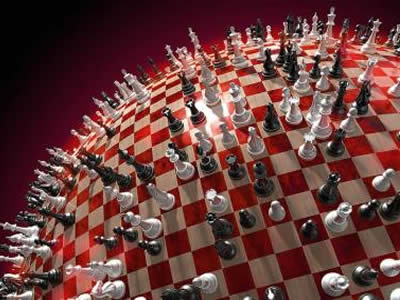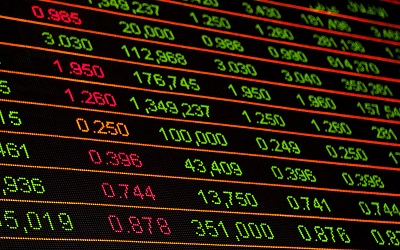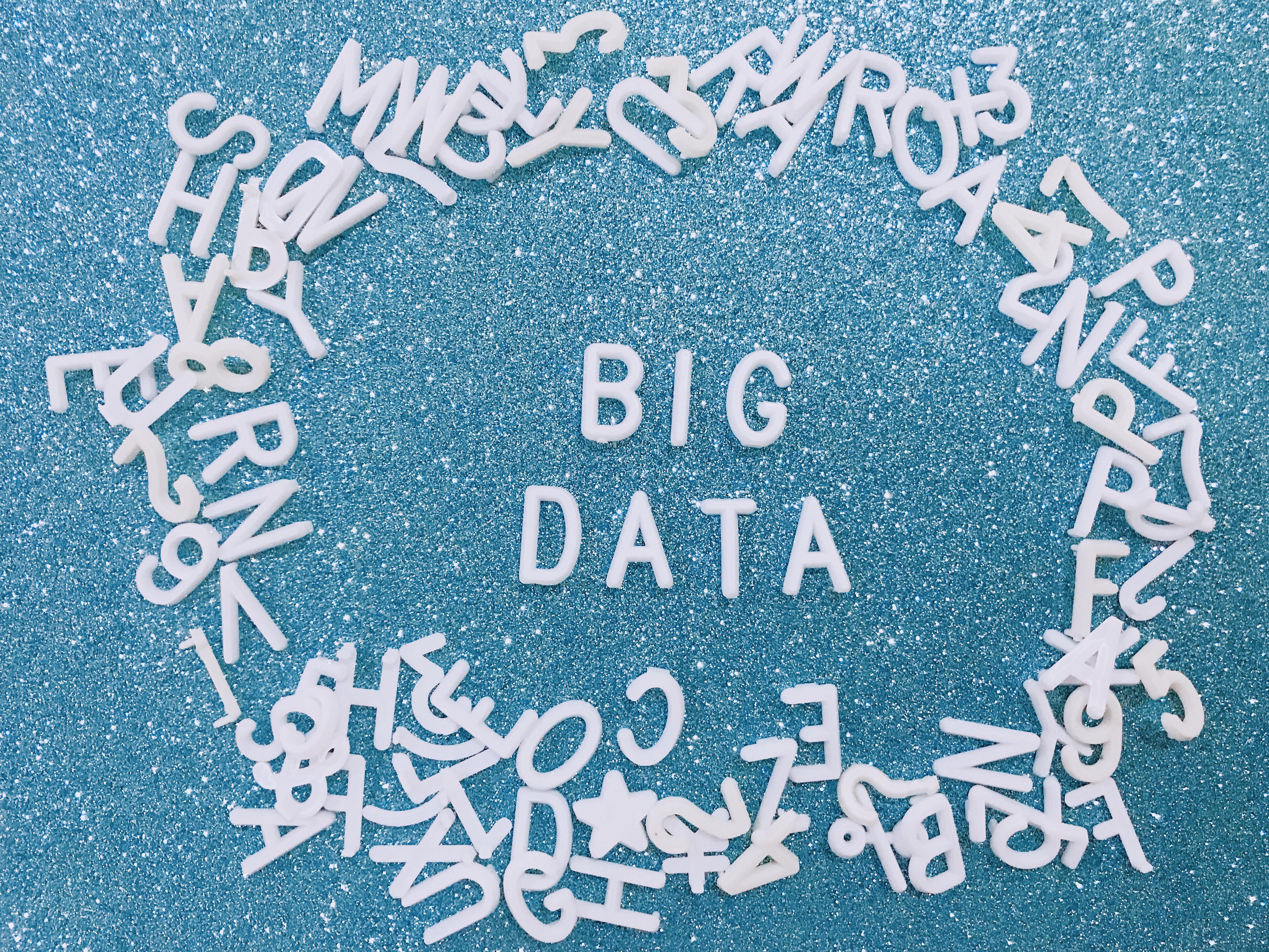Research Topics
Publications of Faculty Members
Macroeconomics
Macroeconomics is the main branch of economics that analyzes the economy as a whole. It focuses on aggregate economic activities within a country or region, covering topics such as economic growth, unemployment, inflation, and total industrial production. Economists and policymakers from public institutions, international organizations, banks, financial institutions, and major corporations utilize macroeconomic models to analyze various trends and dynamics related to the economy.
- Doç. Dr. Ozan Ekşi
- Dr. Öğr. Üyesi Tuğrul Gürgür
- Dr. Öğr. Üyesi Ünay Tamgaç Tezcan
- Prof. Dr. A. Talha Yalta
- Prof. Dr. Fatih Özatay
- Prof. Dr. Serdar Sayan
- Prof. Dr. İsmail Sağlam
- İKT 233
- İKT 234
- İKT 332
- İKT 335
- İKT 402
- İKT 411
- İKT 427
- İKT 434
- İKT 435
- İKT 438
- İKT 441
- İKT 442
- İKT 496
- İKT 531
- İKT 532
- İKT 533
- İKT 582
- İKT 603
Microeconomics
Microeconomics is the main branch of economics that studies the decision-making behavior of individual economic agents, such as consumers and firms, and how these decisions impact the allocation of resources in a society. Key topics in microeconomics include game theory, behavioral and experimental economics, industrial organization, health economics, education economics, welfare economics, and labor economics. Some of the other subtopics listed on this page are also within the scope of microeconomics as long as they examine individual decision making.
- Doç. Dr. Belgi Turan
- Dr. Öğr. Üyesi Eray Cumbul
- Dr. Öğr. Üyesi Ethem Akyol
- Dr. Öğr. Üyesi Tuğrul Gürgür
- Prof. Dr. Nur Asena Caner
- Prof. Dr. Serdar Sayan
- Prof. Dr. İsmail Sağlam
- İKT 213
- İKT 214
- İKT 395
- İKT 401
- İKT 415
- İKT 425
- İKT 426
- İKT 495
- İKT 511
- İKT 512
- İKT 514
- İKT 581
- İKT 601
Econometrics and Time Series Analysis
Econometrics is a field of science that employs mathematical and statistical techniques to analyze the relationships between various economic variables within a causal framework. Time series is a sub-branch of econometrics. It employs a range of methods to examine and forecast the behavior of economic variables measured at regular intervals (such as monthly or yearly), including indicators like income, production, inflation, and unemployment.
- Doç. Dr. Belgi Turan
- Doç. Dr. Ozan Ekşi
- Dr. Öğr. Üyesi Ayşe Özgür Pehlivan
- Dr. Öğr. Üyesi Tuğrul Gürgür
- Prof. Dr. A. Talha Yalta
- Prof. Dr. Nur Asena Caner
- İKT 351
- İKT 441
- İKT 451
- İKT 452
- İKT 552
- İKT 553
- İKT 554
- İKT 555
- İKT 581
Monetary Economics
Monetary economics explains how institutions and policies that determine monetary aggregates in a country affect various economic indicators including employment, interest rates, consumption, production, wages, and commodity prices. Topics such as money demand and money supply, the central bank and the banking system, monetary policy tools and objectives, maturity and risk structures of interest rates, as well as financial crises fall within the scope of monetary economics.
- Doç. Dr. Ozan Ekşi
- Dr. Öğr. Üyesi Ünay Tamgaç Tezcan
- Prof. Dr. Fatih Özatay
- Prof.Dr. İsmail Sağlam
- İKT 335
- İKT 435
- İKT 533
Finance and Financial Economics
Finance refers to how individuals, institutions, and governments manage, invest, and allocate their resources over time, analyzing the financial instruments and risks associated with these activities. Financial economics, on the other hand, focuses on the behavior of financial markets, the pricing of assets, and the factors that influence investment decisions. It examines the impact of economic variables on financial systems, develops models for risk management and forecasting.
- Dr. Öğr. Üyesi Ünay Tamgaç Tezcan
- Prof. Dr. A. Talha Yalta
- Prof. Dr. Fatih Özatay
- Prof. Dr. İsmail Sağlam
- İKT 335
- İKT 338
- İKT 427
- İKT 437
International Economics and International Trade
International economics involves both international financial transactions and the trade of goods and services across borders. International trade theory, on the other hand, is a subfield of economics that focuses on imports and exports while also encompassing a broader range of economic relationships between countries and regions.
- Dr. Öğr. Üyesi Ünay Tamgaç Tezcan
- Dr. Öğr. Üyesi, Ayşe Özgür Pehlivan
- Prof. Dr. A. Talha Yalta
- Prof. Dr. Fatih Özatay
- Prof. Dr. Serdar Sayan
- İKT 234
- İKT 311
- İKT 332
Growth and Development Economics
Economic development refers to a society's comprehensive enhancement of quality of life through progress not only in economic, social, and political dimensions but also in health and education. In contrast to economic growth, which emphasizes increases in total output and income, economic development includes the structural changes and advancements of societal institutions. Issues such as measuring poverty and inequality levels in a country, tracking the changes in these indicators over time, and identifying the factors that drive these changes constitute the areas of study within development economics.
- Doç. Dr. Belgi Turan
- Doç.Dr. Ozan Ekşi
- Dr. Öğr. Üyesi Tuğrul Gürgür
- Prof. Dr. Nur Asena Caner
- Prof. Dr. Serdar Sayan
- Prof.Dr. İsmail Sağlam
- İKT 411
- İKT 418
- İKT 421
- İKT 422
- İKT 424
- İKT 438
- İKT 518
- İKT 519
- İKT 532
Computational Economics, Big Data, and Artificial Intelligence
Computational economics involves analyzing large and complex data sets, and uses computer-aided simulations and algorithms to develop economic models. In this process, technologies such as artificial intelligence and machine learning play a crucial role in understanding economic dynamics and predicting future trends. Big data analysis, on the other hand, supports more precise and rapid insights into market behavior, consumer trends as well as macroeconomic indicators. These advanced methods go beyond traditional economic analysis, allowing policymakers and businesses to make more accurate and reliable decisions. The integration of economic modeling with computational techniques, big data, and artificial intelligence represents a significant transformation in the field of economics.
- Prof. Dr. A. Talha Yalta
- Prof. Dr. Serdar Sayan
- Prof. Dr. İsmail Sağlam
- İKT 110
- İKT 253
- İKT 457
- İKT 458
Game Theory and Applications
This particular field, referred to by economists as "game theory" or "interactive decision-making theory" and by psychologists as "social situation theory," addresses predictable interactions that occur between at least two decision-makers. In other words, it focuses on the rational strategies of individuals or groups in situations where the outcome of one individual's chosen action depends on the actions chosen by others, as well as the consequences of these strategies. Game theory has become an important tool for the development of many subfields of microeconomics. For example, "auction theory," which is also a subfield of microeconomics, utilizes the tools and methods of game theory to design auctions that yield the highest expected returns for sellers and to predict the behavior of potential buyers in these auctions.
- Dr. Öğr. Üyesi Eray Cumbul
- Dr. Öğr. Üyesi Ethem Akyol
- Prof. Dr. İsmail Sağlam
- İKT 214
- İKT 415
- İKT 425
- İKT 426
- İKT 512
Labor Economics
Labor economics examines the factors that determine labor supply and demand in a country, as well as the dynamics of unemployment, employment, and wages that arise from this equilibrium. It encompasses a wide range of topics, including human capital investments, individuals' career choices, skill mismatch issues, employer-employee relations, and the causes and effects of discrimination in the workplace. Women's employment and participation in the labor force are also among the key topics in this field. Additionally, due to recent global migration crises, the effects of migration on labor markets has become a prominent research topic within labor economics.
- Doç. Dr. Belgi Turan
- Doç. Dr. Ozan Ekşi
- Prof. Dr. Nur Asena Caner
- Prof. Dr. Serdar Sayan
- İKT 315
- İKT 316
Industrial Organization
Industrial organization applies the price theory in economics to markets by examining topics such as firm structures, strategic firm decisions, forms of imperfect competition observed in markets as well as regulation and antitrust policies. Economists working in the field of industrial organization focus on the principles governing the functioning of different industries, how to enhance their contributions to societal welfare, and how various public policies can improve these processes.
- Dr. Öğr. Üyesi Ayşe Özgür Pehlivan
- Dr. Öğr. Üyesi Eray Cumbul
- Prof. Dr. İsmail Sağlam
- İKT 395
- İKT 424
- İKT 514
Public Economics, Taxation and Public Spendings
Public economics analyzes the optimal allocation of public resources, the efficiency of government expenditures, and the impact of public policies on the economy and social welfare. It also examines topics such as government budgets, infrastructure investments, social security, and the financing of public services. Public economics is a field that contributes to economic stability and growth at both micro and macro levels
- Dr. Öğr. Üyesi Eray Cumbul
- Dr. Öğr. Üyesi Ethem Akyol
- Dr. Öğr. Üyesi Tuğrul Gürgür
- Prof. Dr. Fatih Özatay
- Prof. Dr. Serdar Sayan
- Prof. Dr. İsmail Sağlam
- İKT 313
- İKT 316
- İKT 418
- İKT 421
- İKT 422
- İKT 424
- İKT 425
- İKT 431
- İKT 436
- İKT 513
Health, Education and Welfare Economics
Education and health are among the fundamental elements that support economic welfare by enhancing human capital and labor productivity in a country. Health economics, a subfield of microeconomics, explores how to supply the highest quality and most equitable healthcare services by optimally using resources allocated to the health sector. Similarly, the economics of education examines the financial aspects of education and the impact of different educational processes on human capital accumulation, thereby supporting individual as well as economic development.
- Doç. Dr. Belgi Turan
- Doç. Dr. Ozan Ekşi
- Dr. Öğr. Üyesi Ünay Tamgaç Tezcan
- Prof. Dr. Nur Asena Caner
- İKT 417
- İKT 515
Behavioral and Experimental Economics
In these two subfields of economics, various models are developed to explain human understanding, learning, and decision-making processes. These models are then tested on different groups of subjects in a laboratory setting, allowing for a review of the various assumptions put forth in economic theories. Markets, games, elections, auctions, bargaining, social preferences, matching as well as field experiments constitute the research areas of experimental economics.
- Prof. Dr. İsmail Sağlam
- İKT 416
- İKT 516


















